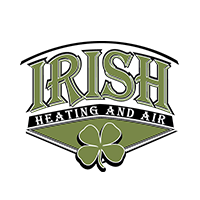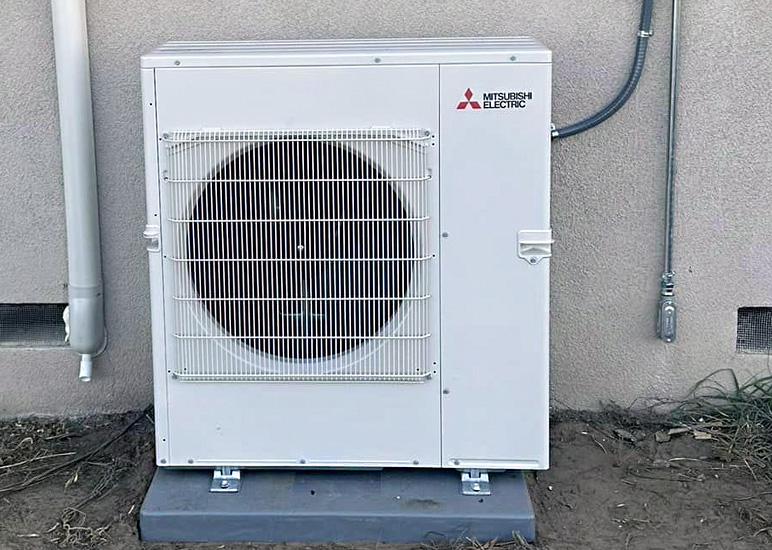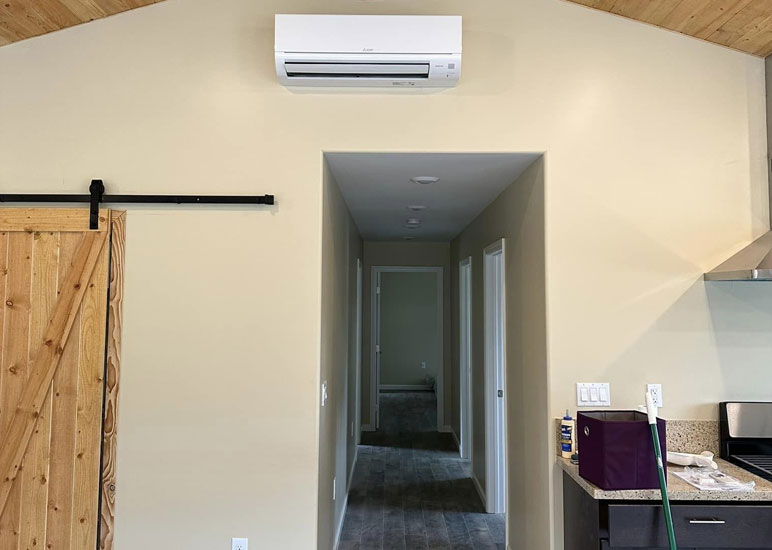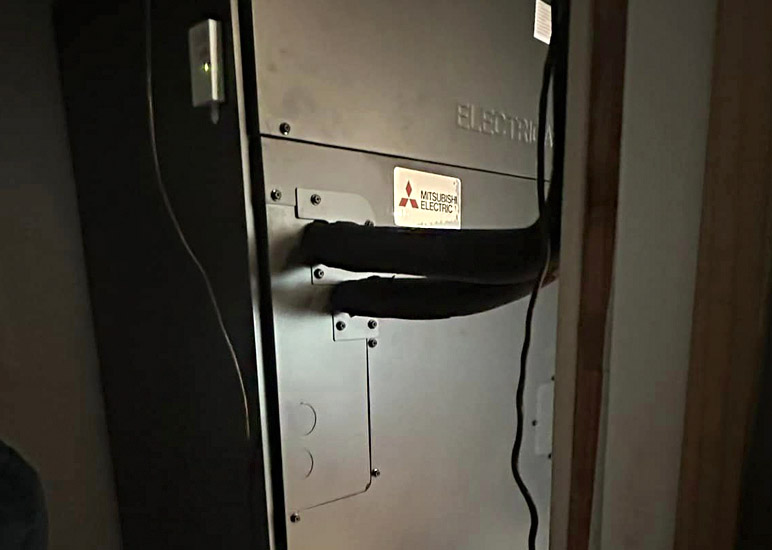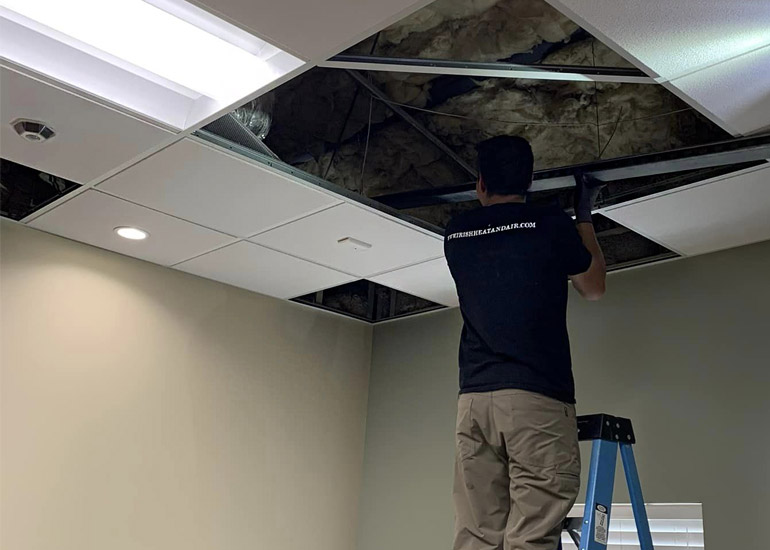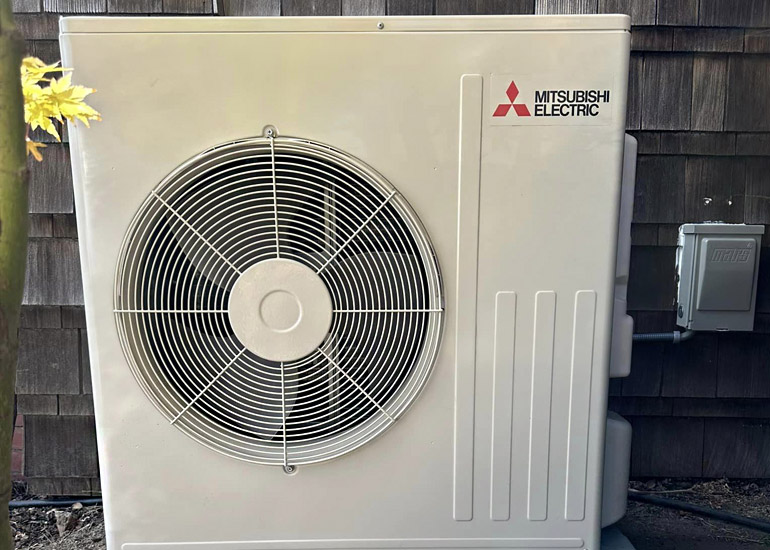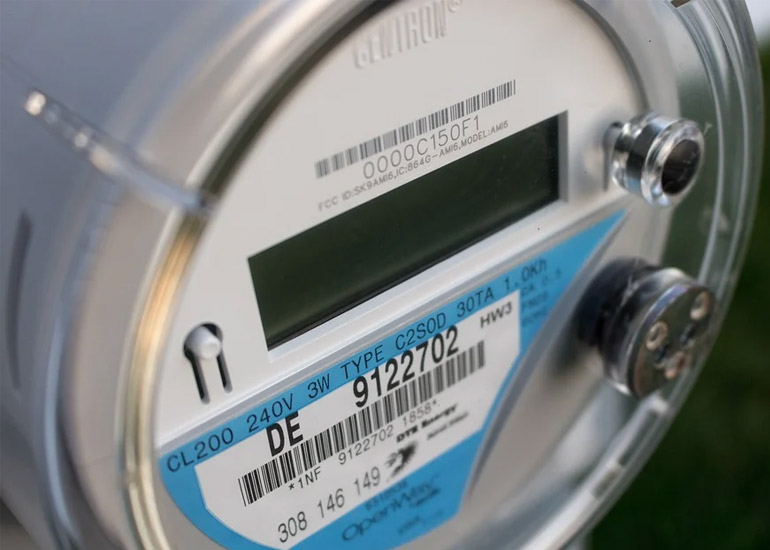 Conducting a home energy audit is a great way to figure out where your home and your HVAC system could be improved to lower your utility costs. While plenty of firms offer professional energy audits, you can also do one yourself. It’s less precise but can give you a lot of useful information that you can use to start improving the energy efficiency of your home.
Conducting a home energy audit is a great way to figure out where your home and your HVAC system could be improved to lower your utility costs. While plenty of firms offer professional energy audits, you can also do one yourself. It’s less precise but can give you a lot of useful information that you can use to start improving the energy efficiency of your home.
Check for Air Leaks
One of the most costly inefficiencies in your home is air leaks. If air can escape through windows, doors, and potentially other spots in your home, you’ll lose a considerable amount of conditioned air. In the winter, you’ll lose heat, and you’ll let heat in during the summer.
To find air leaks, first turn off your HVAC system. Then light a candle and walk around with it, holding it close to potential leak spots. If you see the flame move suddenly, you may have a leak. Depending on the source, you may have to change the weatherstripping, add caulking, or have a professional seal the hole.
Examine Ducts
You can also look for gaps and holes in your air ducts, which can let conditioned air out early, undermining the proper dispersal of heat or cool through your home. This can create hot and cold spots as well as waste energy. Unfortunately, you’ll have to look for gaps in your ducts and this isn’t always reliable as other kinds of inspections. A professional can do a more thorough look for leaks in your ducts.
Consider Insulation Quality
Insulation is critically important for your home’s energy conservation. You’ll likely be able to see your insulation in your attic, but you may not know what its R-factor is unless you were the one who purchased and installed it. Essentially, take a look at your insulation and consider if you’d like to upgrade it. Insulation with gaps, wet spots, and tears may need to be replaced to reseal your home from the outside temperatures.
Manage Electronics
Your electronics and appliances may use a significant portion of your energy. It’s wise to set some good habits with your family to try to limit the use of electronics and conserve energy when it makes sense to. Here are some things you can consider:
- Turn computers all the way off instead of putting them in sleep mode.
- Turn off televisions and other electronics when not in use.
- Unplug all electronics when not in use.
- Do not leave electronics in chargers after they are full.
- Mandate household-wide breaks from electronics.
- Turn off lights when you leave the room.
Change Lightbulbs
Some intense lighting options may be sucking up a lot of energy. If you have incandescent lightbulbs or those with very high wattage, you may want to swap them out for LEDs with lower wattage. They’ll use less energy and typically are not noticeable once you get used to them.
While conducting a home energy audit yourself is useful, getting one from the professionals is even better.
